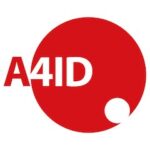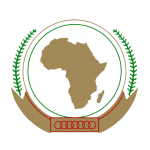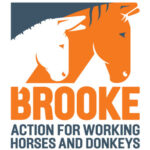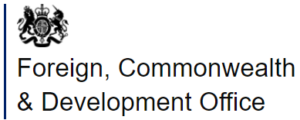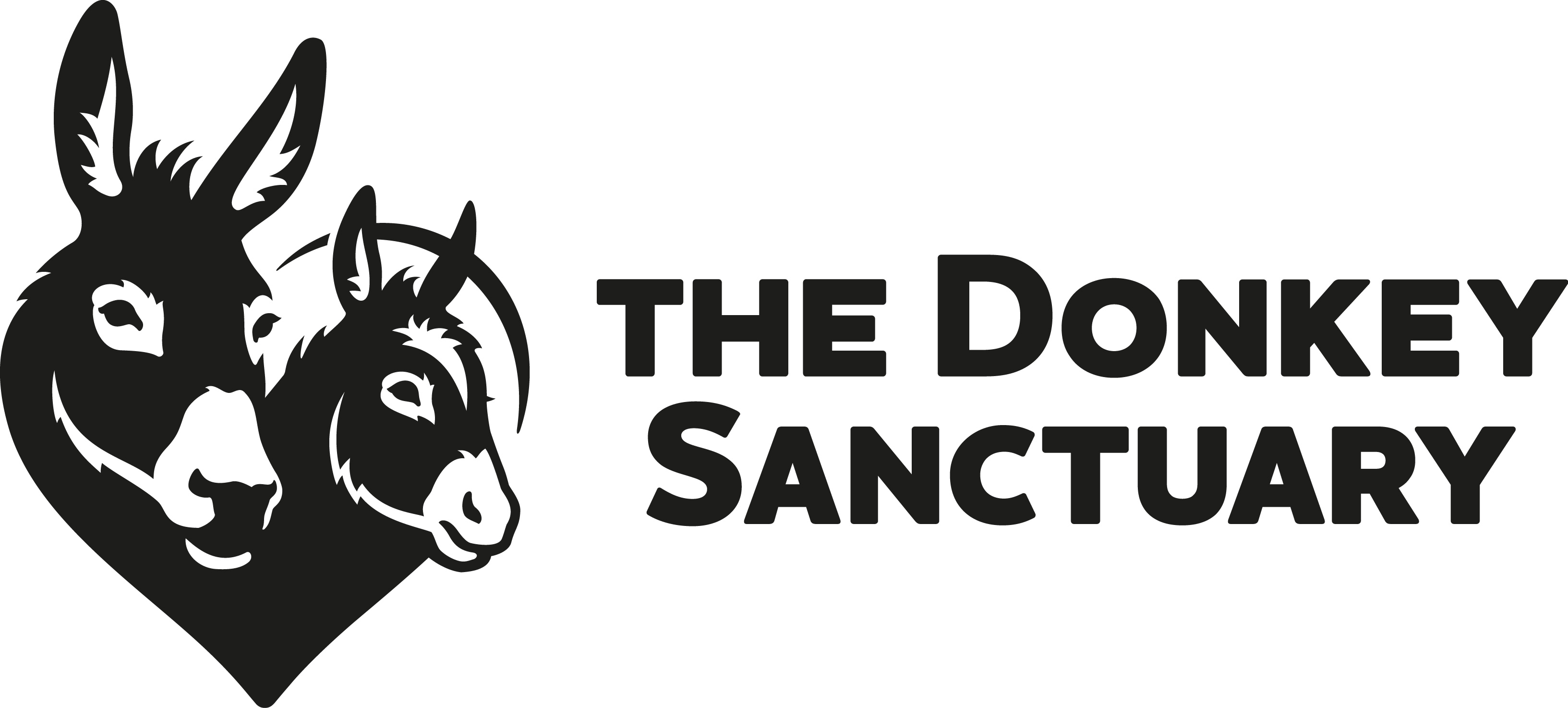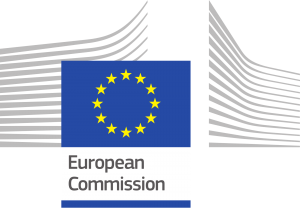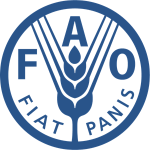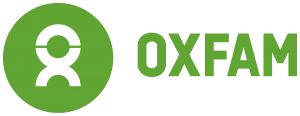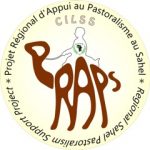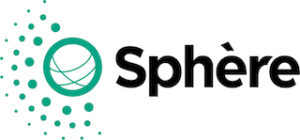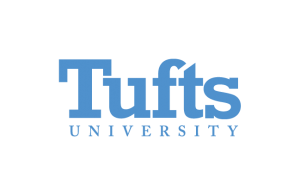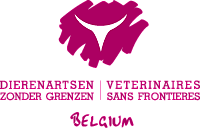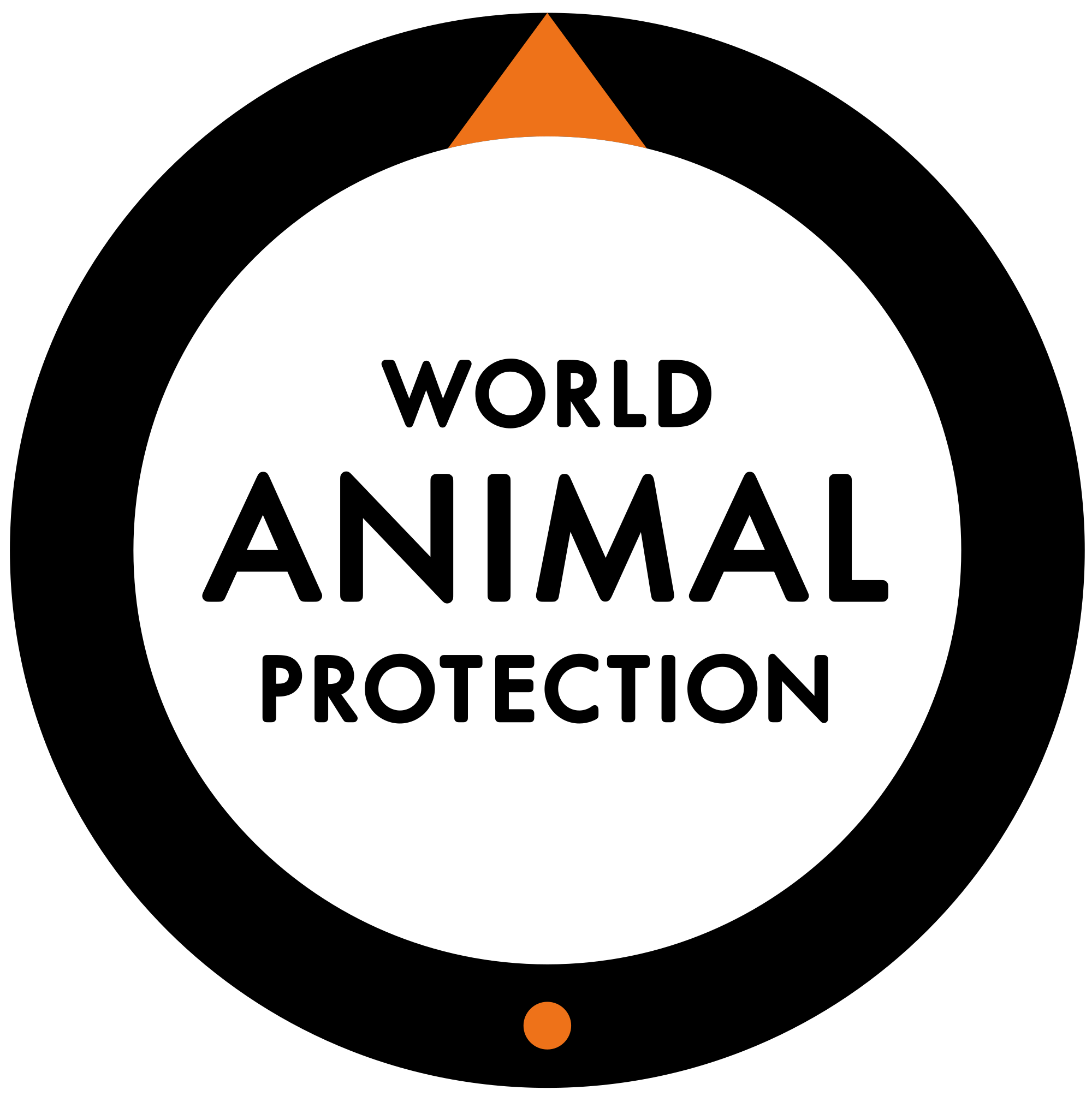LEGS is managed by a Board of Trustees, and supported by a Strategic Planning Committee, a small central secretariat and a Technical Advisory Group. Together they oversee all LEGS activities, including the development and roll-out of the training programme, the maintenance of LEGS core functions and the establishment of a network of interested practitioners.
Trustee Vacancies
We’re always interested in trustees with a diverse profile and skill set. If you’d like to learn more, please download the PDF for more details.
Trustees
Dr. Bashair Ahmed
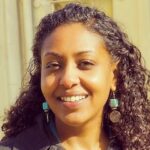 Bashair is the CEO of Shabaka, a research consulting organisation focused on diaspora, migration and humanitarianism. She has over 20 years of experience working with several United Nations Agencies and international organisations focused on fragile and conflict-affected countries.
Bashair is the CEO of Shabaka, a research consulting organisation focused on diaspora, migration and humanitarianism. She has over 20 years of experience working with several United Nations Agencies and international organisations focused on fragile and conflict-affected countries.
She has consulted on a wide range of initiatives focused on migration and diasporas, including the protection of irregular migrants, the development of an e-training module for diaspora organisations on humanitarian principles and guidance on diaspora engagement in the development and humanitarian response. Bashair holds a doctorate in Migration Studies from the University of Sussex, where she is also a Research Associate. Her academic interests include humanitarianism, diasporas, migration and development, and intergenerational engagement.
Ced Hesse, Chair
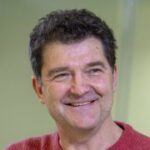
Ced is a senior associate of the International Institute for Environment and Development (IIED), specialising in locally-led climate action and resilience building in dryland regions of East and West Africa. He previously served as a Senior Fellow within the Climate Change group of IIED, where he managed a portfolio of research and capacity-building initiatives. His work at IIED focused on strengthening institutional responses to the climate crisis in collaboration with local and national governments, universities, and civil society organisations, with a particular emphasis on enabling national and local government planning systems. The goal of these efforts was to enhance the resilience of dryland economies and services, operating under conditions of resource variability, through strong community engagement, social inclusion, and public accountability.
Before joining IIED in 1997, Ced co-founded and managed the Arid Lands Information Network (ALIN), with offices in Dakar and Nairobi. He previously worked for Oxfam and what was then the International Livestock Centre for Africa (ILCA) in Mali.
Irfan Khan
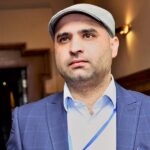 Irfan Khan has over 20 years of experience in the development and humanitarian sectors. As Director of Humanitarian and International Partnerships at Muslim Hands UK, he specialises in partnership development, resource mobilisation, programme planning, financial management, and emergency relief. He has managed projects funded by major donors such as the UN, World Bank, and USAID, across countries including Afghanistan, Haiti, Kenya, and Syria.
Irfan Khan has over 20 years of experience in the development and humanitarian sectors. As Director of Humanitarian and International Partnerships at Muslim Hands UK, he specialises in partnership development, resource mobilisation, programme planning, financial management, and emergency relief. He has managed projects funded by major donors such as the UN, World Bank, and USAID, across countries including Afghanistan, Haiti, Kenya, and Syria.
Irfan holds a master’s degree in development studies and is fluent in English, Pashto, and Urdu. He is committed to supporting LEGS in its mission to strengthen livestock-based livelihoods in emergencies.
Kate Sadler
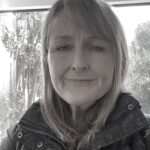 Kate is a public nutritionist with over 25 years of experience in the design, management, evaluation and research of nutrition interventions in Africa and Asia. She has worked as a program nutritionist in several countries in Africa, including Ethiopia, Malawi, Sudan, Rwanda, and Burundi. For the past 15 years, she has worked in global policy/programme technical support and applied research in the area of nutrition and food security. As part of this work, she has overseen the operations of a small applied research organization, worked as an assistant professor at post-graduate level, and has managed multi-sectoral teams and projects.
Kate is a public nutritionist with over 25 years of experience in the design, management, evaluation and research of nutrition interventions in Africa and Asia. She has worked as a program nutritionist in several countries in Africa, including Ethiopia, Malawi, Sudan, Rwanda, and Burundi. For the past 15 years, she has worked in global policy/programme technical support and applied research in the area of nutrition and food security. As part of this work, she has overseen the operations of a small applied research organization, worked as an assistant professor at post-graduate level, and has managed multi-sectoral teams and projects.
Kate has a PhD in nutrition and was an integral part of the team responsible for the multi-country research on which the adoption of the CMAM approach (for the community-based management of acute malnutrition) was based. Her recent work has included focus on linking livestock interventions to child health and nutrition in pastoralist areas of Africa; the strengthening of nutrition across multi-sectoral programs (including HIV, health and livelihoods); evaluation of international agency response in nutrition including WFP’s global nutrition and HIV policy and programmes and evidence synthesis and research around the prevention of wasting in humanitarian settings.
Strategic Planning Committee
Dr. Mathias Lutz Frese
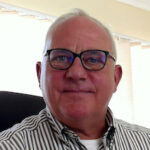 Mathias has worked overseas mainly in countries in conflict, initially with the NGO ‘Cap Anamur’ in Bosnia, Somaliland and Rwanda. He joined the International Committee of the Red Cross (ICRC) in 1996 to continue combining humanitarian work with his professional field as a Veterinarian, but also as Livelihoods and Economic Security Specialist in a broad palette of programs and contexts in the Horn of Africa, the South Caucasus, Pakistan and the Philippines. He worked as Economic Security Program Manager, and then spent seven years in the ICRC Geneva Headquarters as Head of Sector for the Horn of Africa and Reference Veterinarian. After the Geneva assignment, Mathias became the Regional ICRC Veterinarian based in Nairobi covering East Africa, countries in the Middle East and parts of Asia for four years.
Mathias has worked overseas mainly in countries in conflict, initially with the NGO ‘Cap Anamur’ in Bosnia, Somaliland and Rwanda. He joined the International Committee of the Red Cross (ICRC) in 1996 to continue combining humanitarian work with his professional field as a Veterinarian, but also as Livelihoods and Economic Security Specialist in a broad palette of programs and contexts in the Horn of Africa, the South Caucasus, Pakistan and the Philippines. He worked as Economic Security Program Manager, and then spent seven years in the ICRC Geneva Headquarters as Head of Sector for the Horn of Africa and Reference Veterinarian. After the Geneva assignment, Mathias became the Regional ICRC Veterinarian based in Nairobi covering East Africa, countries in the Middle East and parts of Asia for four years.
Mathias holds a doctoral degree in Veterinary Medicine and a postgraduate Diploma in Animal Health Management and Tropical Veterinary Medicine (FU Berlin). Mathias phased out of his full time ICRC engagement in 2021 and now carries out short livestock / veterinary field missions for the same organization. He has been a member of the LEGS Advisory Group for the past four years and is also a certified LEGS Trainer.
Dr. Eilia Jafar
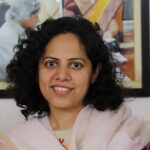 Eilia is a development and humanitarian professional with over 20 years of experience in governance, senior management, program design and implementation, strategic partnerships and networking, quality and accountability, policy, strategy, and organization development – including several international missions in South Asia. She has authored several academic papers and articles on disaster management, business continuity management, quality, accountability, and gender in emergencies in national and international journals and newspapers. She has worked with CARE, International Federation of Red Cross and Red Crescent Societies (IFRC) – South Asia and India Delegations, and UNDP.
Eilia is a development and humanitarian professional with over 20 years of experience in governance, senior management, program design and implementation, strategic partnerships and networking, quality and accountability, policy, strategy, and organization development – including several international missions in South Asia. She has authored several academic papers and articles on disaster management, business continuity management, quality, accountability, and gender in emergencies in national and international journals and newspapers. She has worked with CARE, International Federation of Red Cross and Red Crescent Societies (IFRC) – South Asia and India Delegations, and UNDP.
Besides other independent assignments, she is currently also working as Chief of Programs at SaveLIFE Foundation. She has also served as a board member of several organisations (GeoHazards Society, Sphere India and Tanyak). Eilia holds a doctoral degree in Business Continuity Management. She is a certified life coach and executive coach, and has a passion for coaching and mentoring.
Technical Advisory Group
Dr. Andy Catley
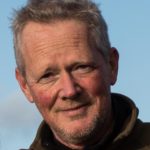 Andy’s career includes 17 years working in the Horn of Africa, focussing in areas affected by conflict, drought and complex emergencies. In 2005 he co-initiated and designed
Andy’s career includes 17 years working in the Horn of Africa, focussing in areas affected by conflict, drought and complex emergencies. In 2005 he co-initiated and designed
“the LEGS project” and was Principal Investigator on grants to support LEGS until 2015. He also chaired the LEGS Steering Group from 2005 to 2015. He is a veterinarian and epidemiologist, and a Research Director at the Feinstein International Center, Tufts University.
Wendy Fenton
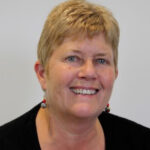 Wendy has over 30 years of operational, management and advisory experience in humanitarian and development programming with NGOs (VSO and Save the Children) and donors (USAID/OFDA and CIDA) across a wide range of sectors primarily in Sudan, South Sudan and Ethiopia.
Wendy has over 30 years of operational, management and advisory experience in humanitarian and development programming with NGOs (VSO and Save the Children) and donors (USAID/OFDA and CIDA) across a wide range of sectors primarily in Sudan, South Sudan and Ethiopia.
Before joining ODI in 2009, Wendy worked as an independent consultant focusing on fragile states, specifically issues related to NGO programming, funding mechanism performance and safety nets. ODI regularly calls on her expertise on South Sudan to inform ongoing work there. Wendy also serves on the steering groups of the International Humanitarian Studies Association (IHSA) and the Enhancing Learning and Research for Humanitarian Assistance (ELRHA). Wendy is currently the Coordinator of the Humanitarian Practice Network – hosted by the Humanitarian Policy Group at the Overseas Development Institute in London.
Dr. Guido Govoni
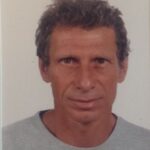 For over 20 years, Guido has worked in a range of pastoral contexts of East and West Africa on emergency and development programmes. His areas of expertise include livestock interventions in low-input production systems with special reference to project design, implementation, monitoring, and evaluation. He joined the International Committee of the Red Cross (ICRC) in 2007 and covered various positions in the Economic Security Unit in Africa and Afghanistan. He spent over four years in the ICRC Headquarters as Head of Sector for the Horn of Africa and global focal point for livestock. Currently he is the Regional Livestock Specialist for the ICRC in the Horn and Central African Regions, Middle East, and parts of Asia. Guido holds a DVM degree from the University of Bologna and a master’s degree in Tropical Veterinary Medicine from the University of Edinburgh.
For over 20 years, Guido has worked in a range of pastoral contexts of East and West Africa on emergency and development programmes. His areas of expertise include livestock interventions in low-input production systems with special reference to project design, implementation, monitoring, and evaluation. He joined the International Committee of the Red Cross (ICRC) in 2007 and covered various positions in the Economic Security Unit in Africa and Afghanistan. He spent over four years in the ICRC Headquarters as Head of Sector for the Horn of Africa and global focal point for livestock. Currently he is the Regional Livestock Specialist for the ICRC in the Horn and Central African Regions, Middle East, and parts of Asia. Guido holds a DVM degree from the University of Bologna and a master’s degree in Tropical Veterinary Medicine from the University of Edinburgh.
Dr. David Hadrill, Chair
 David worked with pioneering community-based animal healthcare projects in India and Kenya in the 1980s. He has undertaken long-term contracts in India, the Caribbean (responsible for an island’s veterinary services and control of the tick, Amblyomma variegatum), Mongolia (team leader of EU project to strengthen national veterinary services), and the Horn of Africa (support to marketing livestock from pastoralist areas of Ethiopia, Djibouti and Somalia). He has undertaken many shorter assignments for FAO, World Bank, Asian Development Bank, and NGOs. This work includes project evaluation, project management and control of transboundary animal diseases including avian influenza, participatory training and disaster relief, and he authored, Horse Healthcare: A Guide for Animal Healthworkers and Owners.
David worked with pioneering community-based animal healthcare projects in India and Kenya in the 1980s. He has undertaken long-term contracts in India, the Caribbean (responsible for an island’s veterinary services and control of the tick, Amblyomma variegatum), Mongolia (team leader of EU project to strengthen national veterinary services), and the Horn of Africa (support to marketing livestock from pastoralist areas of Ethiopia, Djibouti and Somalia). He has undertaken many shorter assignments for FAO, World Bank, Asian Development Bank, and NGOs. This work includes project evaluation, project management and control of transboundary animal diseases including avian influenza, participatory training and disaster relief, and he authored, Horse Healthcare: A Guide for Animal Healthworkers and Owners.
He was a focal point author of the LEGS Handbook and is a member of the LEGS Training of Trainers’ team. David has a BVSc from the University of Bristol, an MSc in Tropical Veterinary Medicine from the University of Edinburgh, and is a Member of the British Veterinary Association Overseas Group. David is currently an Independent Veterinary Consultant, based in the UK and Thailand.
Vikrant Mahajan
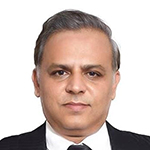 Vikrant is the CEO of Sphere India, bringing 24 years of diverse experience across government, UN, NGOs, corporations, academia, and the armed forces. A dedicated humanitarian, Vikrant has been at the forefront of disaster response in India and the region for nearly two decades. Actively engaged in global and national policy forums, he serves on several inter-agency panels and boards.
Vikrant is the CEO of Sphere India, bringing 24 years of diverse experience across government, UN, NGOs, corporations, academia, and the armed forces. A dedicated humanitarian, Vikrant has been at the forefront of disaster response in India and the region for nearly two decades. Actively engaged in global and national policy forums, he serves on several inter-agency panels and boards.
Vikrant’s multidisciplinary expertise spans engineering, public administration, organisational behaviour, and law. He is a certified Project Management Professional (PMI), Black Belt Six Sigma, and Master Trainer on CHS and Sphere standards. Renowned for his skills in consensus-building, Vikrant is committed to fostering multi-stakeholder collaborations for greater impact.
Rosanne Marchesich
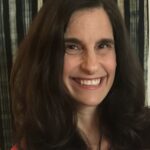 Rosanne is currently leading the Global Programme Support Team within the Office of Emergencies and Resilience with the Food and Agriculture Organization (FAO) of the United Nations. She has been working with the United Nations for over 20 years both with FAO and the World Health Organization (WHO), including roles as Deputy FAO Representative in Bangladesh and in the Sudan, Emergency Centre for Transboundary Animal Disease Operations Coordinator in Vietnam, and the Emergency Response Manager in the Philippines, among others. She is also a University of Guelph Institute of Development Studies External Board Member.
Rosanne is currently leading the Global Programme Support Team within the Office of Emergencies and Resilience with the Food and Agriculture Organization (FAO) of the United Nations. She has been working with the United Nations for over 20 years both with FAO and the World Health Organization (WHO), including roles as Deputy FAO Representative in Bangladesh and in the Sudan, Emergency Centre for Transboundary Animal Disease Operations Coordinator in Vietnam, and the Emergency Response Manager in the Philippines, among others. She is also a University of Guelph Institute of Development Studies External Board Member.
Emmanuella Olesambu
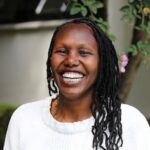 Over the past 20 years, Emmanuella has worked with community-based NGOs in Northern Kenya and south and central Somalia, developing and implementing humanitarian and development programmes on livestock and natural resources management. She joined the Food and Agriculture Organization (FAO) of the United Nations in 2007, working in Kenya. She later moved into disaster risk reduction and resilience work, focusing mainly on pastoral programming and policy engagement at the cross border and regional levels with FAO’s subregional emergency office for Eastern Africa and the Intergovernmental Authority for Development (IGAD).
Over the past 20 years, Emmanuella has worked with community-based NGOs in Northern Kenya and south and central Somalia, developing and implementing humanitarian and development programmes on livestock and natural resources management. She joined the Food and Agriculture Organization (FAO) of the United Nations in 2007, working in Kenya. She later moved into disaster risk reduction and resilience work, focusing mainly on pastoral programming and policy engagement at the cross border and regional levels with FAO’s subregional emergency office for Eastern Africa and the Intergovernmental Authority for Development (IGAD).
Emmanuella is passionate about livestock and pastoral issues, and keen to facilitate linkages between community institutions, national and regional level policy makers, and partners. She holds a Bachelor of Science degree in Natural Resources Management from Egerton University in Kenya and a master’s degree in Organizational Leadership from International Leadership University in Kenya. Emmanuella is currently the focal person for East and Southern Africa for FAO’s Technical Cooperation Emergency and Rehabilitation Division, supporting the delivery of FAO’s corporate Resilience programme.
Dr. Piers Simpkin
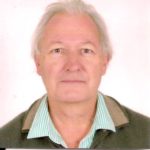 Piers has 40 years of experience in research, emergency response and development with NGOs, universities, ICRC, and United Nations in the Horn of Africa, Middle East and United Kingdom, specialising in arid and semi-arid livelihoods and production systems. Piers is particularly interested in pastoralist livelihoods, especially in improving the emergency response mechanisms. Piers has a BSC in Environmental Science from the University of London, and a MPhil (London) and PhD (University of Newcastle-upon-Tyne) both based on camel production. As well as running his own milking herd of camels, Piers is a freelance consultant currently working with the Swiss Development Corporation and Niras as the Livestock Technical Adviser to the Frontier Counties Development Council in Kenya.
Piers has 40 years of experience in research, emergency response and development with NGOs, universities, ICRC, and United Nations in the Horn of Africa, Middle East and United Kingdom, specialising in arid and semi-arid livelihoods and production systems. Piers is particularly interested in pastoralist livelihoods, especially in improving the emergency response mechanisms. Piers has a BSC in Environmental Science from the University of London, and a MPhil (London) and PhD (University of Newcastle-upon-Tyne) both based on camel production. As well as running his own milking herd of camels, Piers is a freelance consultant currently working with the Swiss Development Corporation and Niras as the Livestock Technical Adviser to the Frontier Counties Development Council in Kenya.
Cathy Watson, LEGS Coordinator
(in attendance)
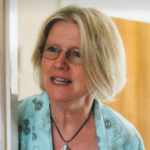 Cathy is a social development consultant working on pastoral development with a particular focus on pastoral livelihoods, and gender and pastoralism. Her consultancy experience includes participatory research and writing, evaluations, training and capacity building, strategic planning, and workshop facilitation. Cathy’s long-term field work experience includes four years with Turkana pastoralists in Kenya, four years with Karimojong pastoralists in Uganda, support to small-holder farmers in Zimbabwe and Kenya, and urban poverty and livelihoods in Ethiopia. Her employment experience includes social science support to NGO development worker teams, NGO middle management and leading research teams. She has a bachelor’s degree from the University of Bristol and a master’s degree in Social Anthropology from the University of Manchester.
Cathy is a social development consultant working on pastoral development with a particular focus on pastoral livelihoods, and gender and pastoralism. Her consultancy experience includes participatory research and writing, evaluations, training and capacity building, strategic planning, and workshop facilitation. Cathy’s long-term field work experience includes four years with Turkana pastoralists in Kenya, four years with Karimojong pastoralists in Uganda, support to small-holder farmers in Zimbabwe and Kenya, and urban poverty and livelihoods in Ethiopia. Her employment experience includes social science support to NGO development worker teams, NGO middle management and leading research teams. She has a bachelor’s degree from the University of Bristol and a master’s degree in Social Anthropology from the University of Manchester.
Funding
LEGS has been funded thus far (including in-kind support*) by the following organisations, whose contributions are gratefully acknowledged:

